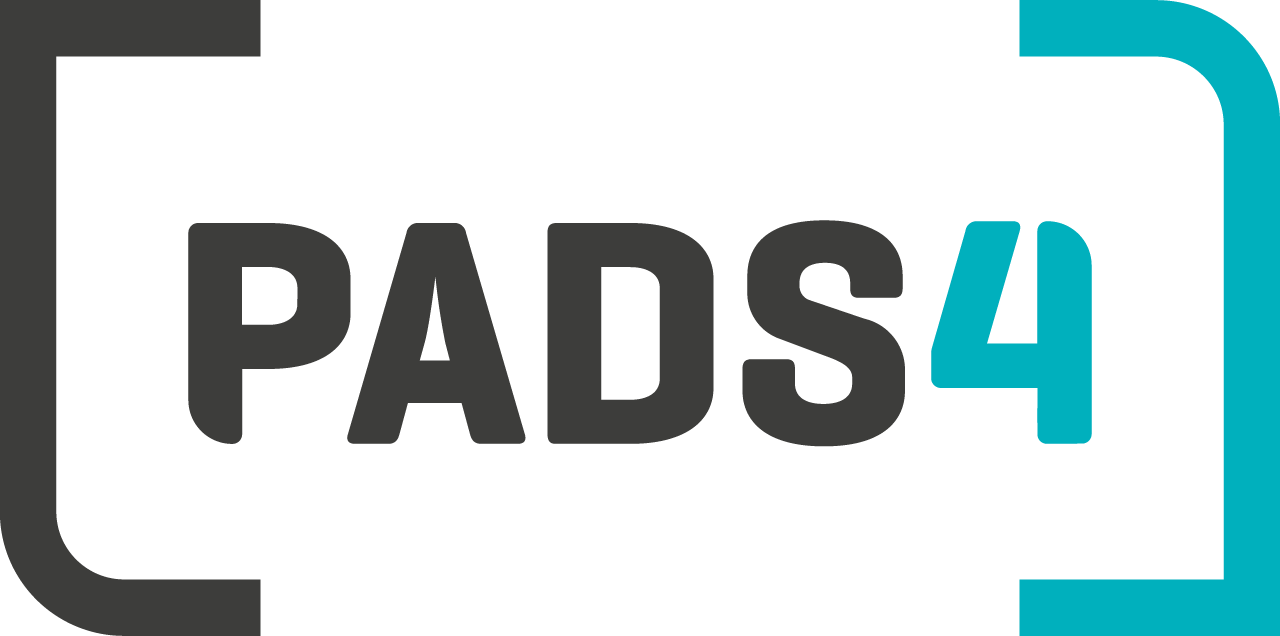| Subject | String | Title of the event. |
| Body | String | Description of the event (Optionally included). |
| UniqueBody | String | Shows the body part that is unique to the conversation this item is part of. |
| Importance | String | Priority of the event (High, Normal, Low). |
| Start | Date | Start date and time of the event. |
| Start_DayOfWeek | Integer | Numeric representation of the start day of the week. |
| End | Date | End date and time of the event. |
| End_DayOfWeek | Integer | Numeric representation of the end day of the week. |
| Location | String | Physical or virtual location where the event occurs. |
| Duration | Integer | Duration of the event (default unit: minutes). |
| DurationInSeconds | Integer | Duration of the event in seconds. |
| DurationInMinutes | Integer | Duration of the event in minutes. |
| DurationInHours | Integer | Duration of the event in hours. |
| DurationInDays | Integer | Duration of the event in days. |
| MinutesLeftBeforeStart | Integer | Number of minutes left before the event starts. |
| MinutesLeftBeforeEnd | Integer | Number of minutes left before the event ends. |
| Organizer | String | Name of the person who organized the event. |
| IsAllDayEvent | Boolean | Indicates if the event lasts the entire day (True/False). |
| IsAssociated | Boolean | Indicates if the event is associated with another item (True/False). |
| IsMeeting | Boolean | Indicates if the event is a meeting (True/False). |
| IsOnlineMeeting | Boolean | Indicates if the event is an online meeting (True/False). |
| IsRecurring | Boolean | Indicates if the event is a recurring event (True/False). |
| RecurrentStartDate | Date | Start date of the recurring event series. |
| RecurrentEndDate | Date | End date of the recurring event series. |
| IsReminderSet | Boolean | Indicates if a reminder is set for this event (True/False). |
| NetShowUrl | String | URL of the Microsoft NetShow online meeting. |
| OriginalStart | Date | The original start date before any changes were made. |
| DateTimeCreated | Date | The date and time the event was created. |
| DateTimeSent | Date | The date and time the event invitation was sent. |
| DateTimeReceived | Date | The date and time the event invitation was received. |
| AppointmentType | String | Type of appointment (Single, RecurringMaster, Occurrence, Exception). |
| HasAttachments | Boolean | Indicates if the event has attachments (True/False). |
| Sensitivity | String | Visibility of the event (Normal, Personal, Private, Confidential). |
| Status | String | Legacy Free/Busy status of the event. |
| Categories | String | Categories associated with this event. |
| IsUnmodified | Boolean | Indicates if the event has been modified after creation (True/False). |
| LastModifiedTime | Date | The date and time the event was last modified. |
| LastModifiedName | String | The name of the person who last modified the event. |
| RequiredAttendees | String | List of mandatory attendees. |
| OptionalAttendees | String | List of optional attendees. |
| Resources | String | List of resources (rooms, equipment) booked for this meeting. |

